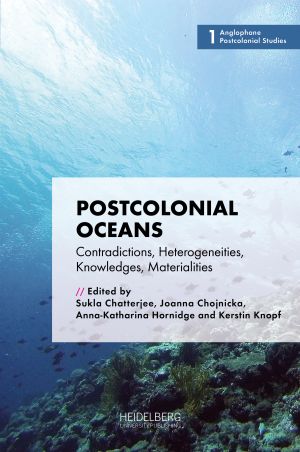How to Cite
License (Chapter)

This work is licensed under a Creative Commons Attribution-ShareAlike 4.0 International License.
Identifiers (Book)
Published
Subaltern Currents and Transgressive Waves
Transoceanic Agents and “Creole Languages”
ABSTRACT In this chapter, we situate debates concerning the substantial similarities between the colonial-era Atlantic English-lexifier Creoles and the colonial-era Pacific English-lexifier Creoles in relation to some of the new ways of looking at language that are emerging within a transoceanic understanding of postcolonial linguistics. Critically questioning categories such as “pidgin,” “creole,” and “language” itself, we adopt a radical creole anti-exceptionalist stance that sees the study of colonial-era creolized varieties and repertoires to be more important now than ever before. The accounts predominating among creolists have largely privileged the influence of European languages and of Eurocentric understandings of language masquerading as “universals.” Here, we provide substantial evidence which suggests that other influences must also be taken into account, especially those, such as transoceanic diffusion, that reconfigure our understanding of the role of marginalized peoples from one of passive victimhood to one of resourceful and creative agency.
KEYWORDS pidgin, creole, diffusion, post-creole creolistics, Atlantic Creoles, Pacific Creoles






